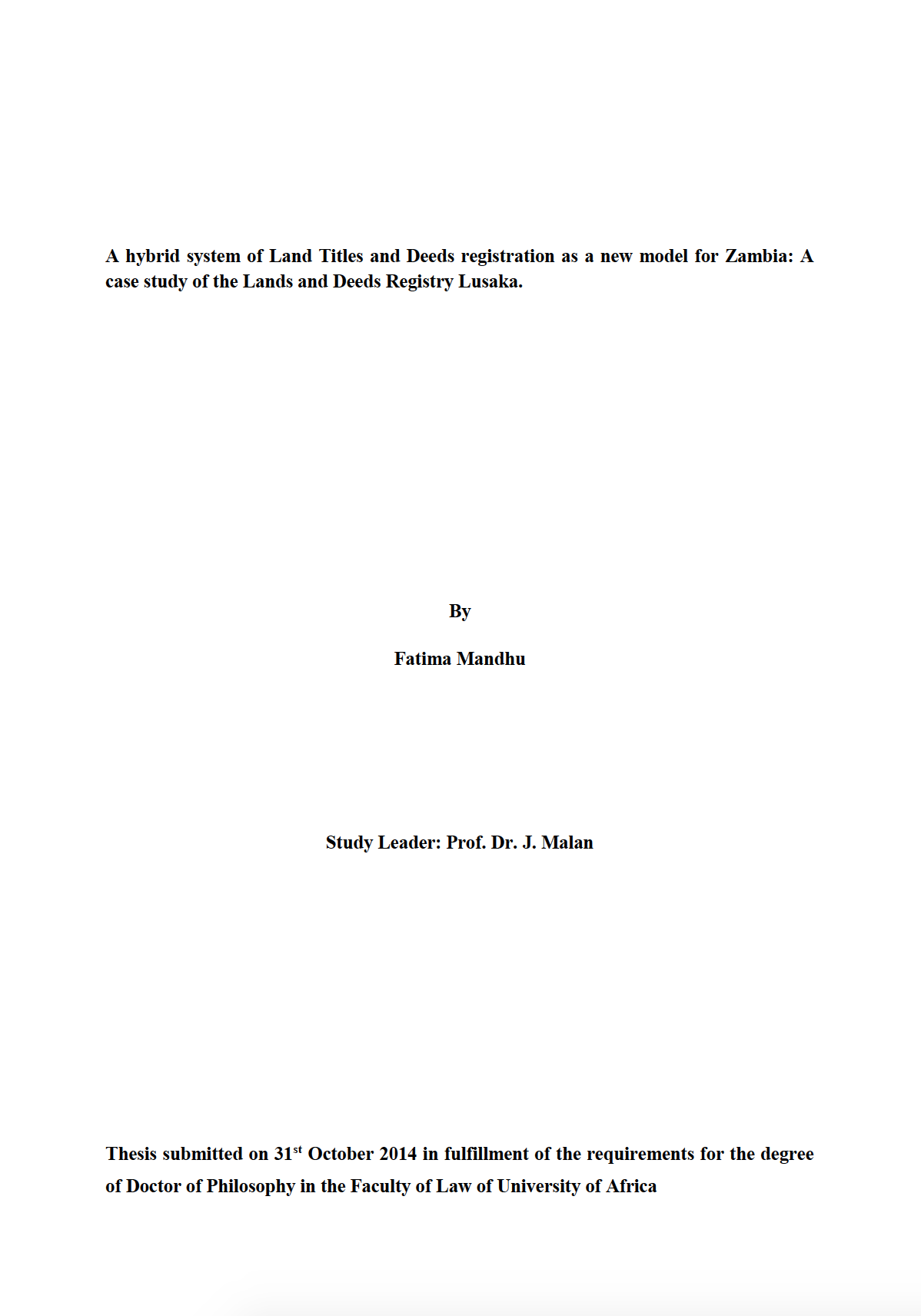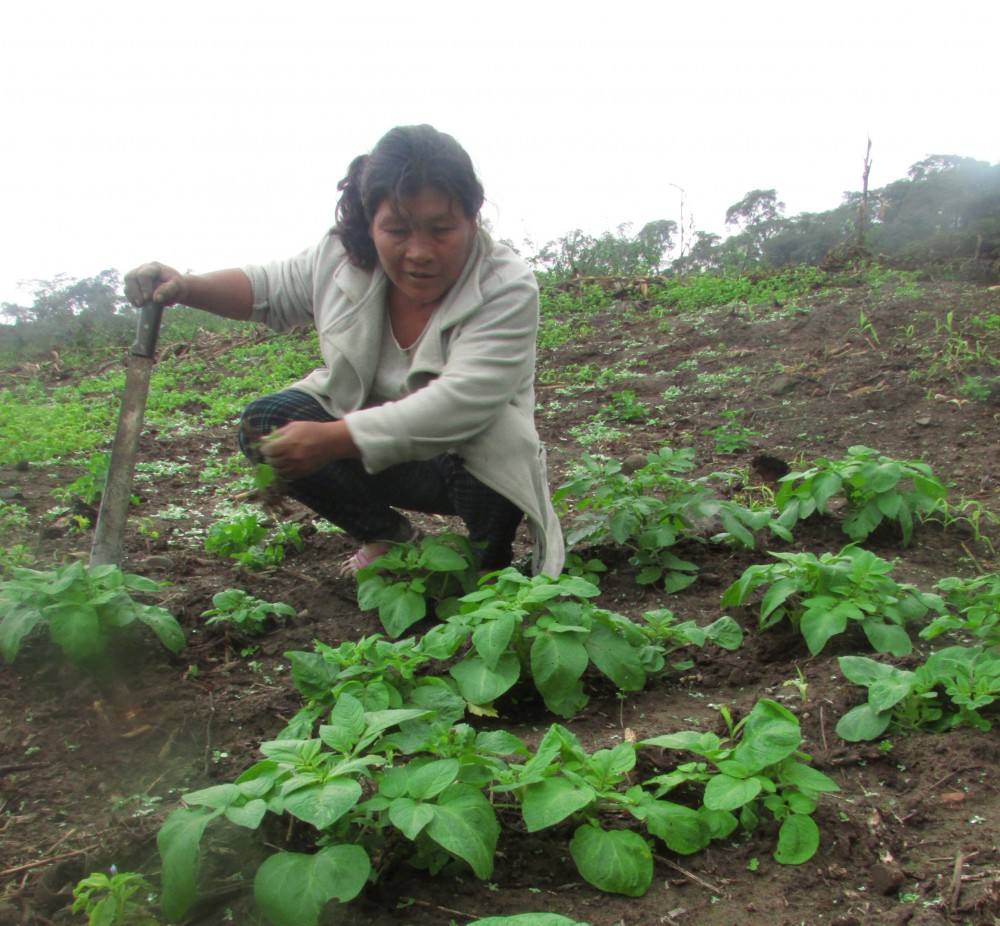The Politics of Conservation and the Complexity of Local Control of Forests in the Northern Thai Highlands
This paper argues that conflicts in the northern Thai highlands are a clear case of the politics of environmental discourse in the sense that conservation has played a role in lending legitimacy to both government agencies and ethnic communities in their struggle for the control of forest resources. Underlying such conflicts is the official line of negative thinking about ethnic minorities in the hills by associating them with various vices, namely as enemies of the forest, opium producers, and a threat to national security.





